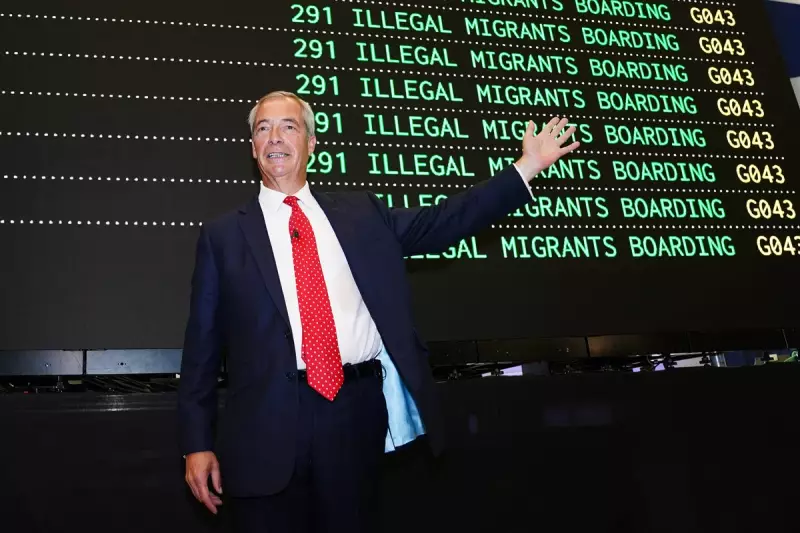
Reform UK leader Nigel Farage has ignited a political firestorm after making controversial comments about the war in Ukraine, claims that have been accused of aligning with Iranian state propaganda.
In a campaign speech that has drawn widespread condemnation, the party leader asserted that the West effectively "provoked" Russia's full-scale invasion by expanding the NATO alliance eastwards. This rhetoric is a well-known cornerstone of the Kremlin's justification for its brutal war.
Echoes of Tehran's Talking Points
Most alarmingly, analysis reveals that Farage's language almost exactly mirrors a recent narrative pushed by Iranian state media. A statement from Tehran's Press TV news agency, which is under the control of the Iranian regime, previously claimed: "The West provoked the war in Ukraine with its NATO expansion."
The near-verbatim repetition has led to accusations that the Brexiteer is inadvertently or deliberately amplifying the propaganda of a regime that is a key military ally to Moscow, supplying deadly drones used against Ukrainian civilians.
A Political Backlash Erupts
The backlash was swift and severe from across the political spectrum. Prime Minister Rishi Sunak led the criticism, stating that Farage was "completely wrong" and accusing him of repeating "Putin’s vile justification for the war."
Defence Secretary Grant Shapps delivered a more scathing assessment, labelling the comments "disgraceful" and pointing out the dangerous irony of parroting Iranian lines. "The idea that the West is to blame is straight out of the Kremlin playbook, and now, it seems, the Reform UK playbook too," he stated.
Farage's History of Pro-Kremlin Statements
This is not the first time Farage's stance on Russia has raised eyebrows. He has previously expressed admiration for Vladimir Putin, describing the Russian dictator as a skilled political operator. Furthermore, he has been a vocal critic of the UK's unwavering support for Ukraine, questioning the provision of military and financial aid to the besieged nation.
These latest comments, made in the heat of the general election campaign, have placed his party's foreign policy under intense scrutiny and have been condemned by MPs and foreign policy experts as a gift to Russian disinformation efforts.





